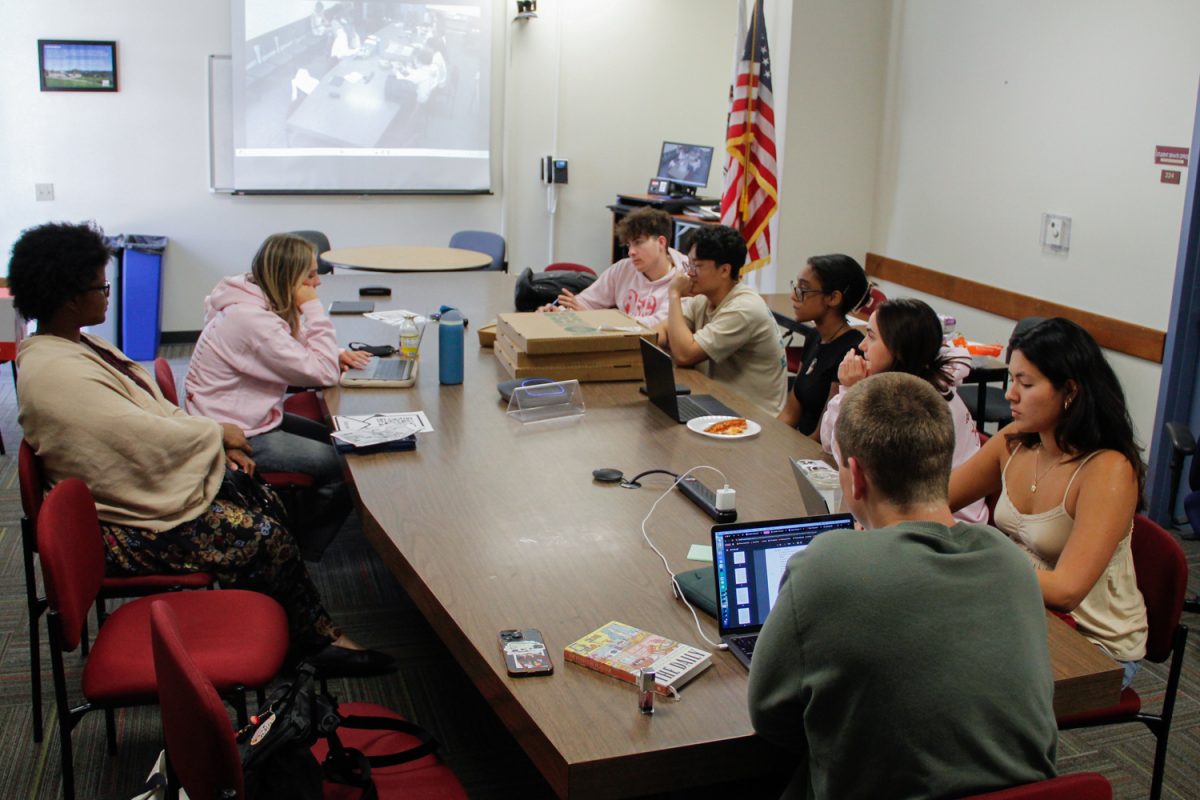Prior to the pandemic, City College was a bustling center of education filled with busy staff and eager students.
But after COVID-19 forced schools across the country to online instruction in March, the campus has been mostly deserted with the exception of the few programs that were able to continue in-person classes.
One of these programs is the School of Culinary Arts, where a few cooking classes have managed to stay on campus and educate their students by following strict safety procedures and social-distancing mandates—a task that came with a lot of ingenuity and work.
“We’ve put in two times the work for students this semester,” said Stephane Rapp, chef and instructor with the culinary department. “This cannot happen online.”
City College’s culinary program is known for producing skilled chefs, cooks and bakers that are ready to work professionally in any kitchen. When the pandemic hit, the department scrambled to find a way to safely stay on campus and continue providing the same level of hands-on instruction that cannot be replicated over Zoom.
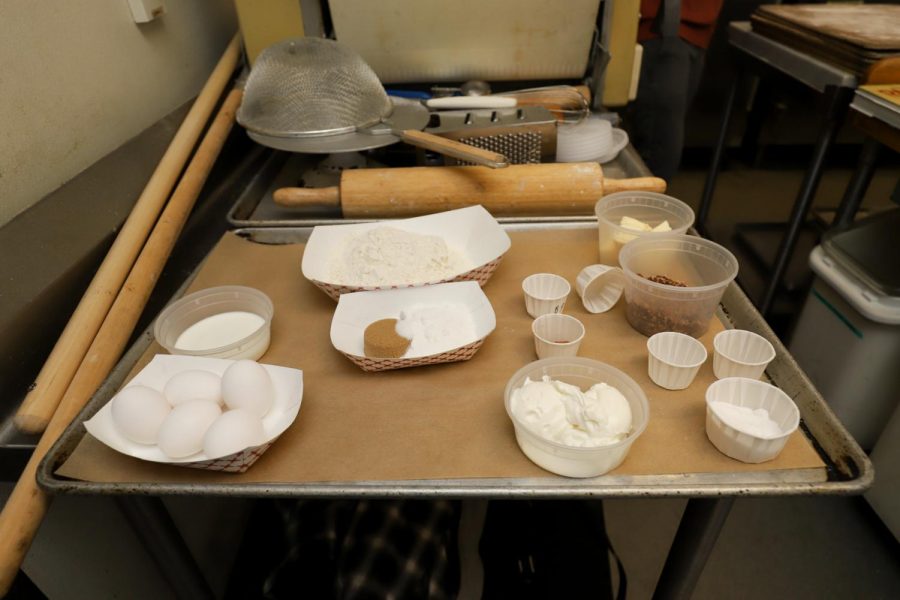
(Desiree Erdmann)
In order to stay running as an in-person class, the program has had to strictly adhere to stringent state mandates and local edicts that were changing weekly in a state with the most coronavirus cases in the country.
Students have their own cooking stations spaced six feet apart. Before each class, stations are sanitized by a teacher’s assistant. Students are also responsible for cleaning off and sanitizing work stations after each session.
“We spend very much time in prep,” said Rapp.
He said due to COVID-19, twice the amount of time is needed to prepare for a fraction of the students that would normally be in a class.
This semester, Rapp is teaching Principles of Baking, Principles of Pantry and Culinary Fundamentals at City College. Rapp said he takes it seriously and enjoys teaching aspiring chefs.
“I love what I do,” Rapp said. “I got so fortunate to do my passion.”
Over this past fall term, students in Chef Rapp’s baking class could be found hard at work in City College’s main campus cafeteria kitchen preparing their individual work stations every Wednesday at 8 a.m. sharp.
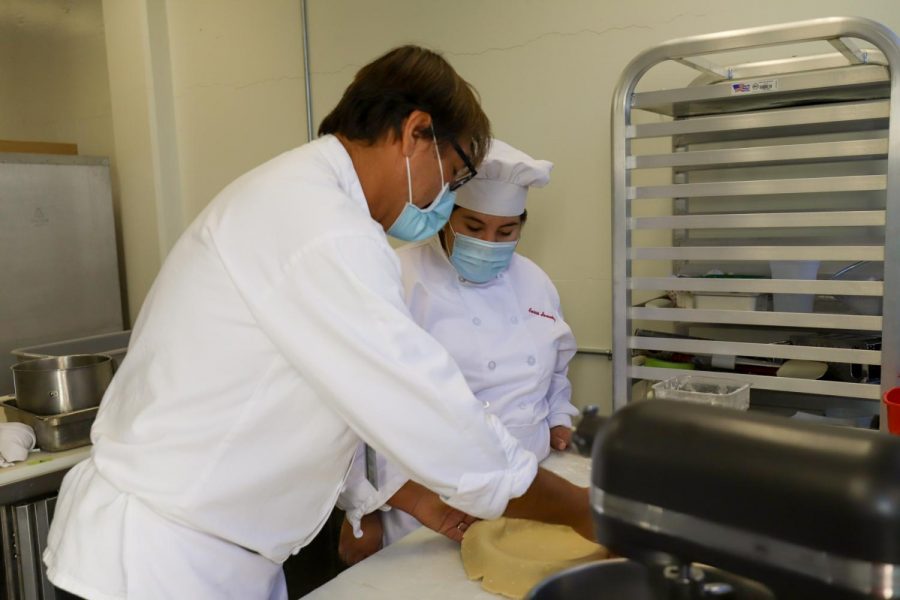
Currently, the class is learning to bake the perfect pie crust. After buttering their pans, students are expected to roll out their dough and neatly press it out into the pan under the watchful eye of Chef Rapp.
“I don’t want any dry spots,” Rapp said to the class as they began the process, “and I don’t want any air pockets.”
Students answered back with the same response of “Yes, Chef!” while concentrating on their perfect crusts.
Each student has their own set of specialty culinary tools, but stations are equipped with whisks, spoons, rollers and any other cooking utensils students may need.
Zuberi Sharp was the first in his family to go to college. Sharp’s family owns a bakery in town; his passion for food was always supported at home. His goal is to study both culinary and business classes while at City College to help with the family business.
“The course is very fortunate to have chef Rapp leading us,” said Sharp. “He’s a great teacher, very strict, but he’s a great first chef.”
Rapp sees his class as an intensive, eight-week introductory as they dive into the science of cooking.
His class emphasizes knowing where ingredients come from and focuses on building students’ flavor profile from the ground up.
“In the end, you have to respect the ingredients,” Rapp said. “If you disrespect them, forget about it.”


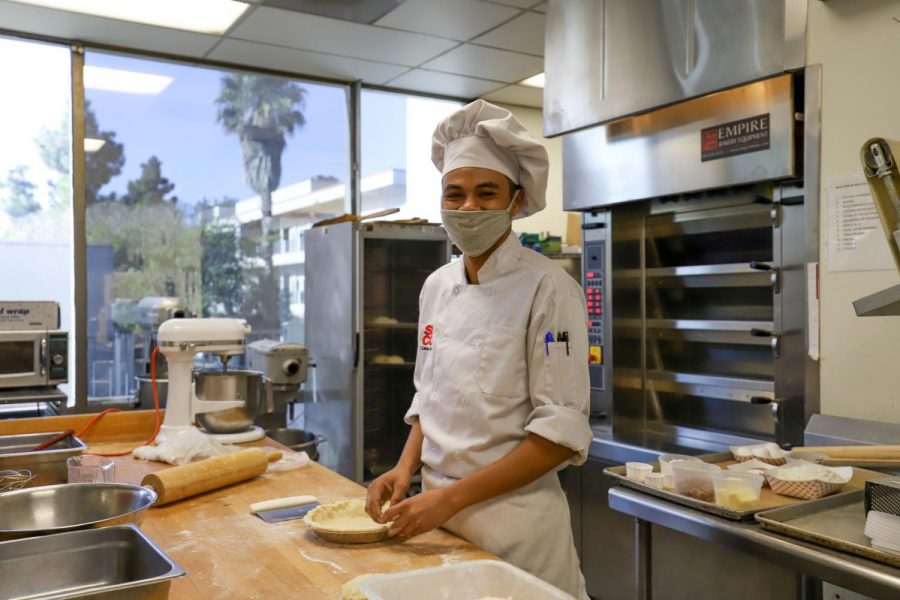




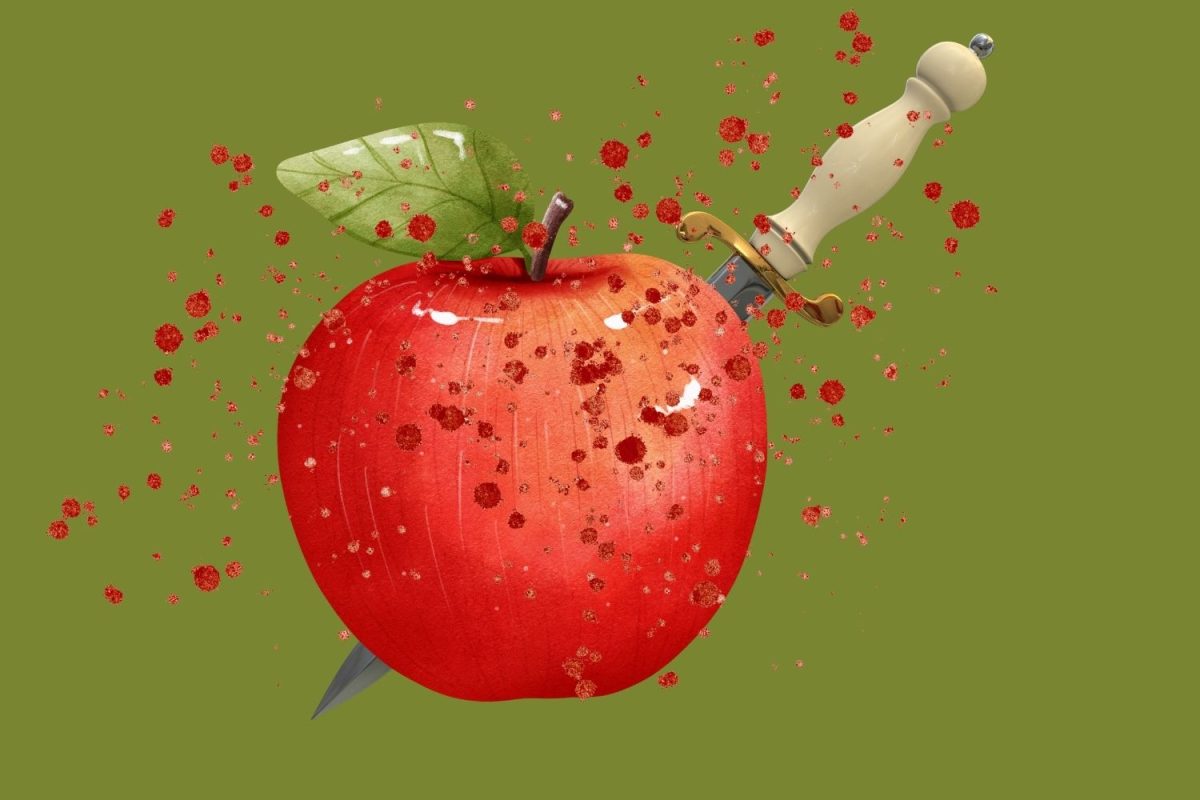



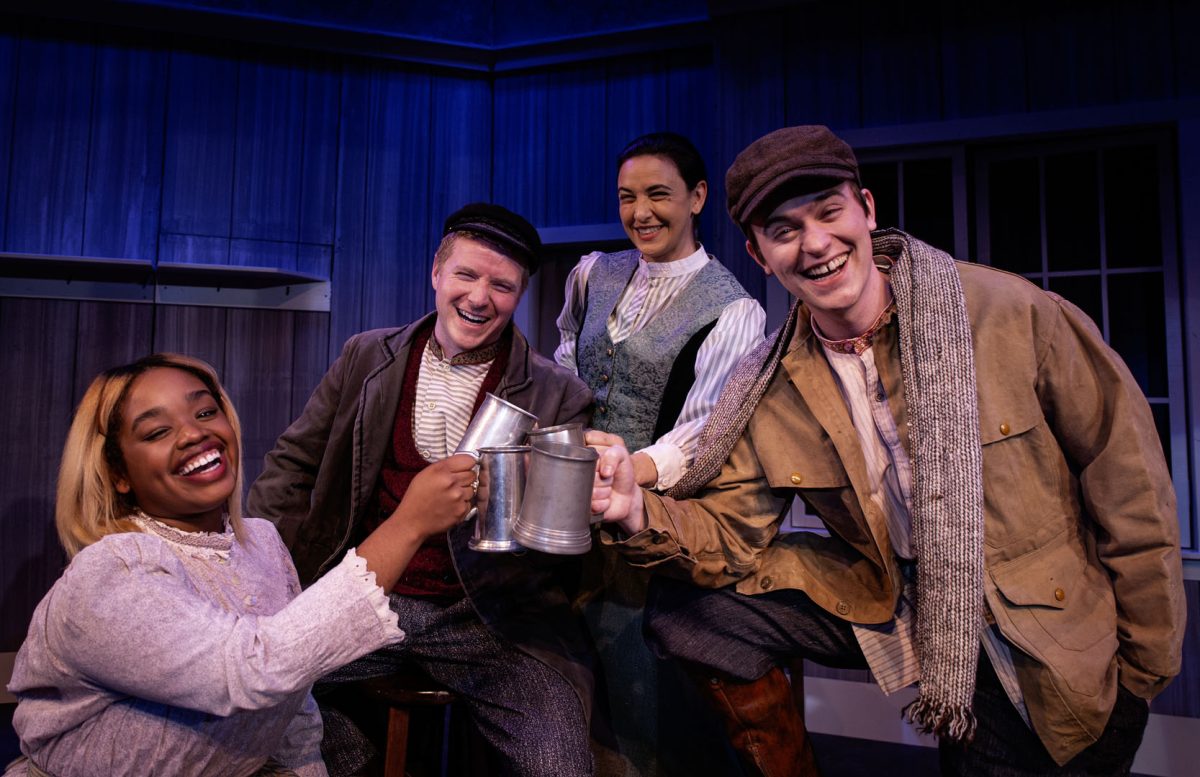
![Ken Watts uses the cable chest press machine on April 9 in Santa Barbara, Calif. "[What] people value the most in personal training is accountability," Watts said.](https://www.thechannels.org/wp-content/uploads/2025/04/MGSWatts-3-1200x800.jpg)

